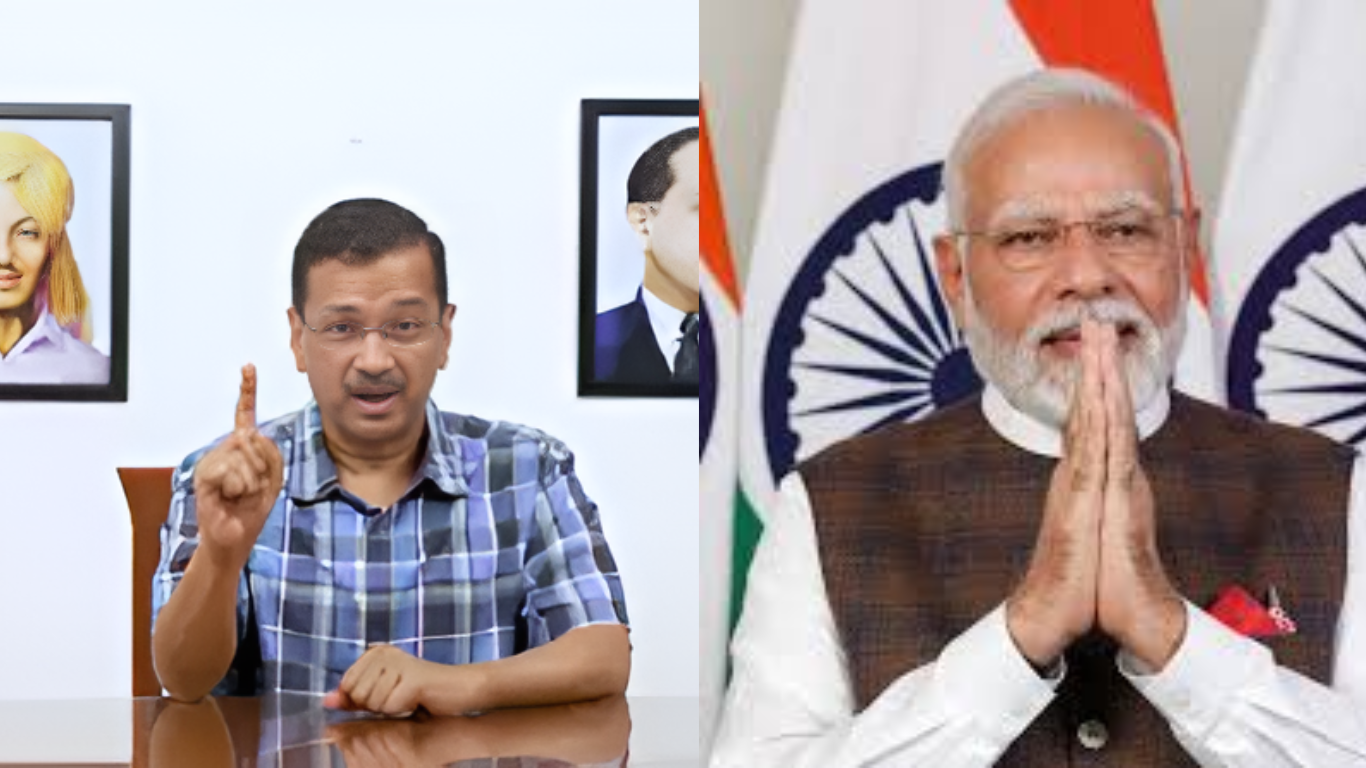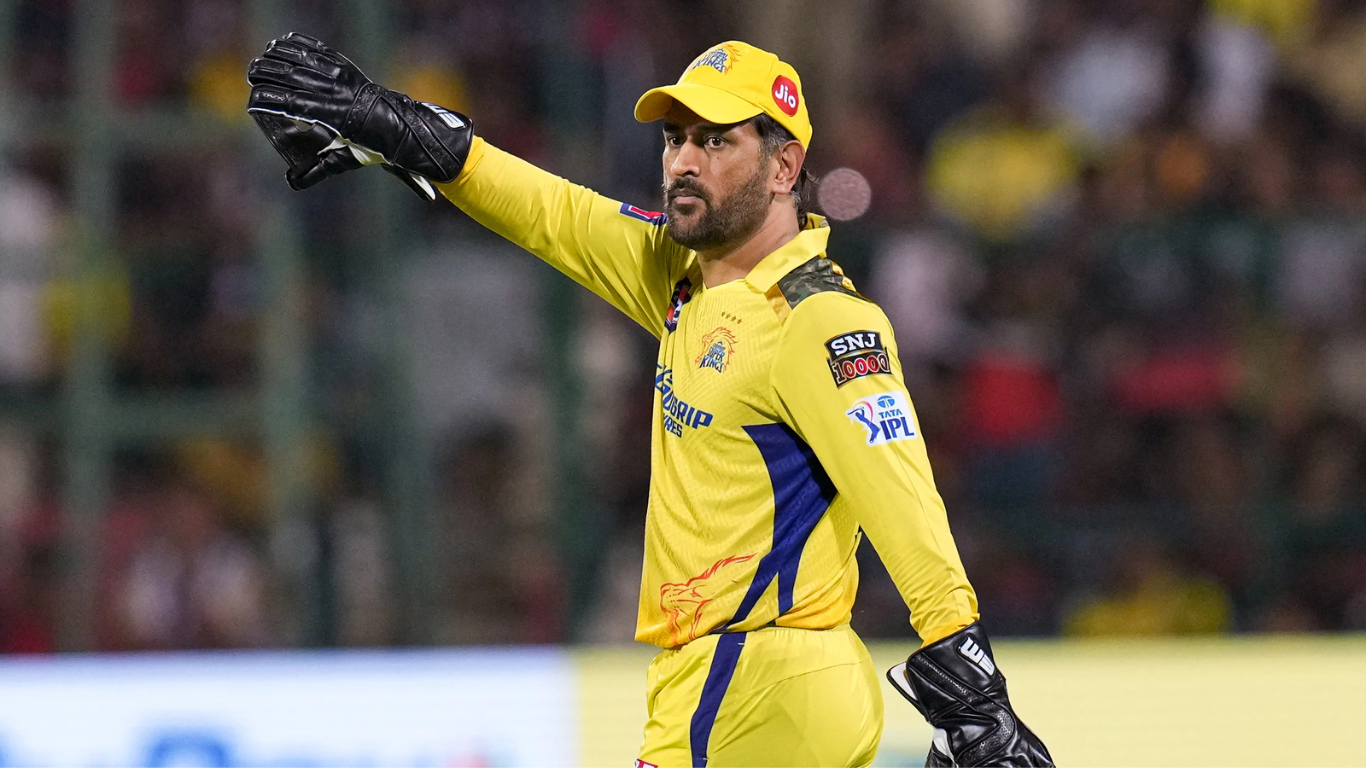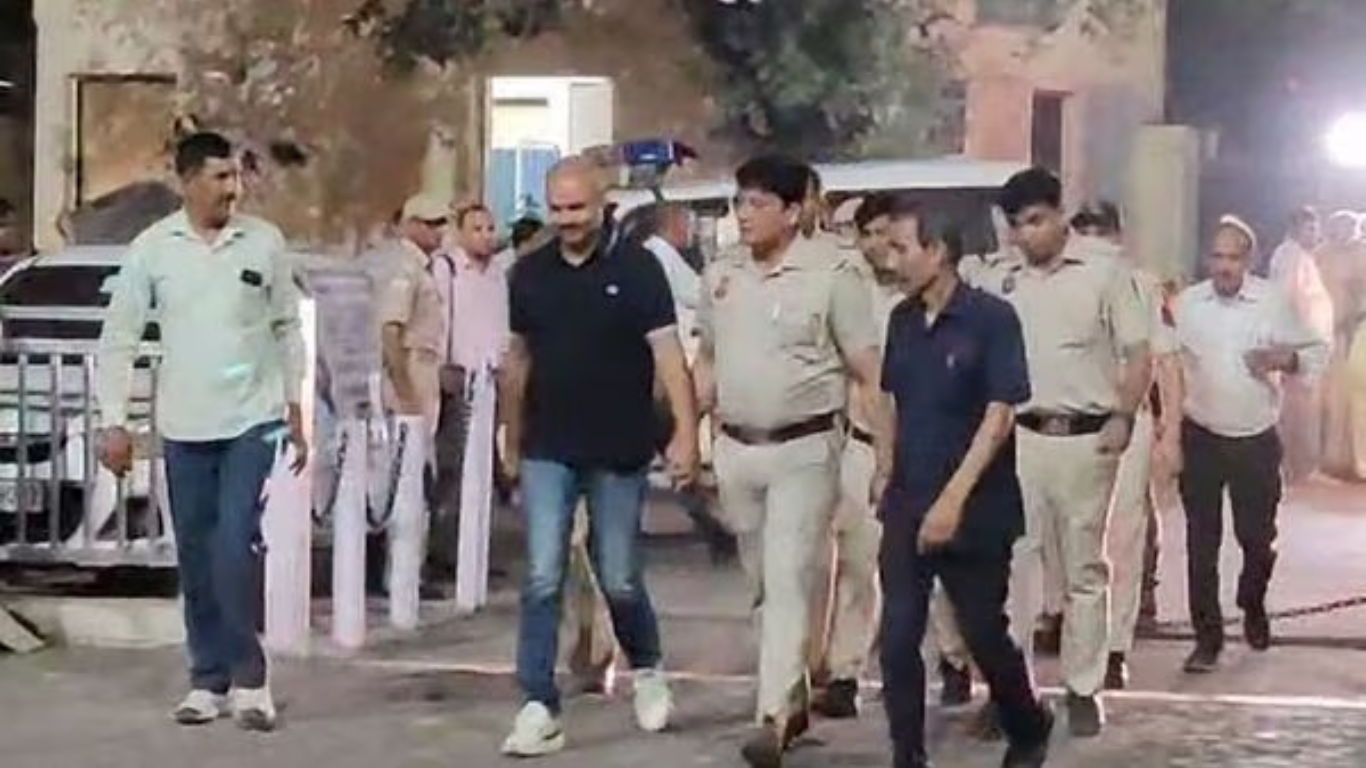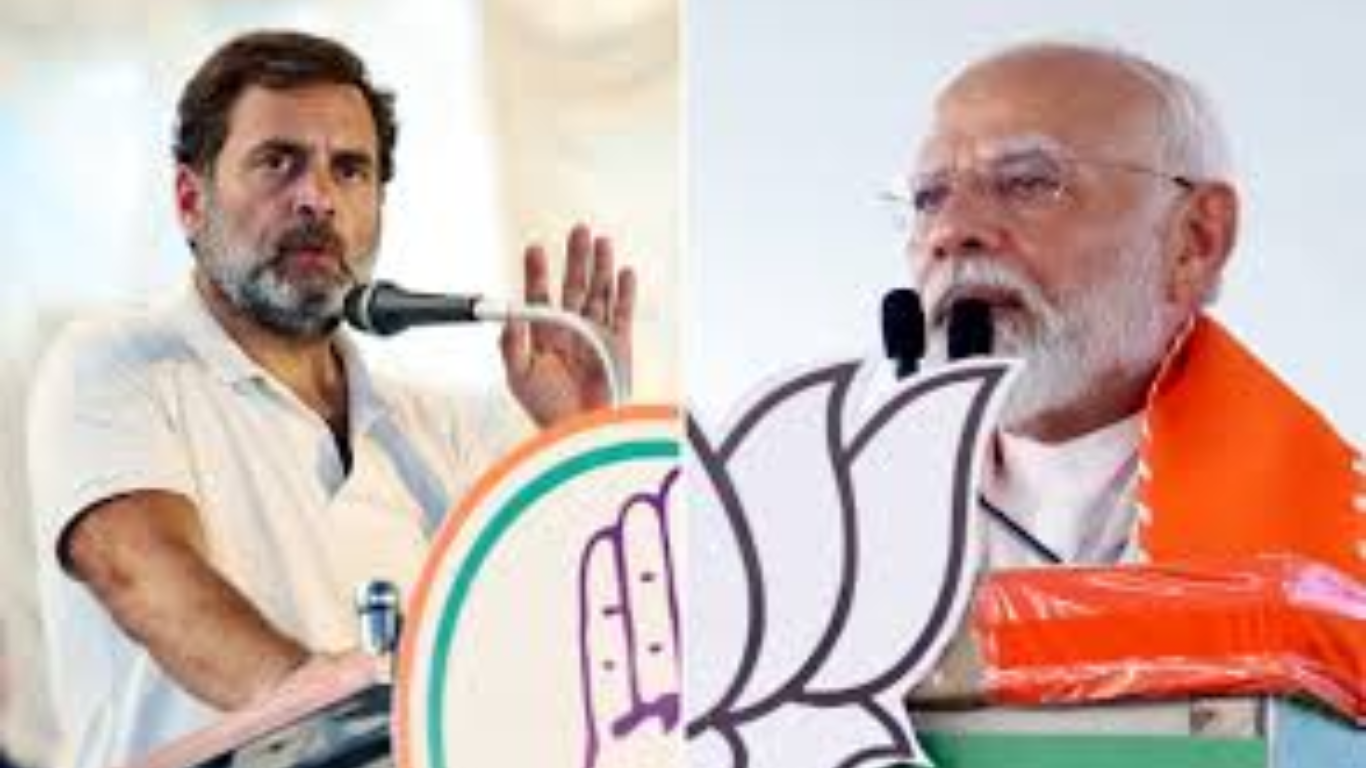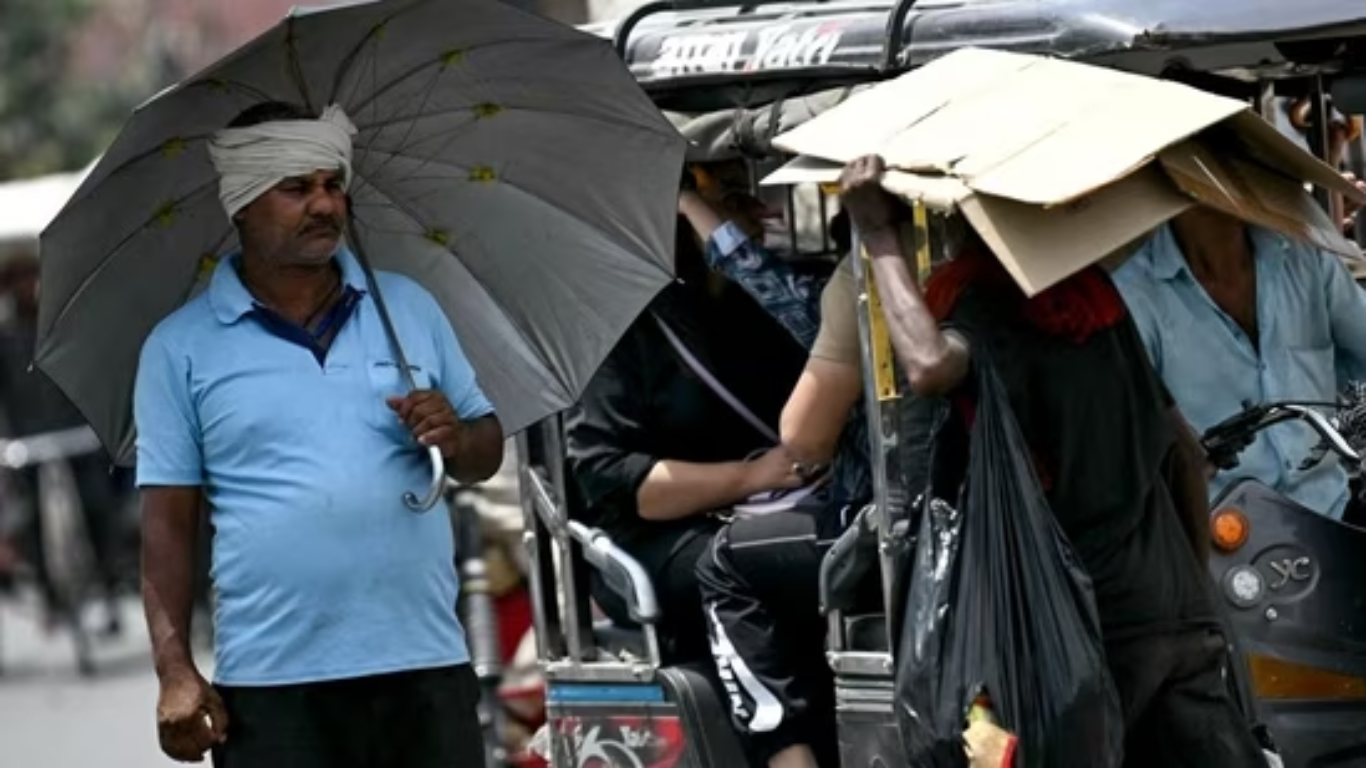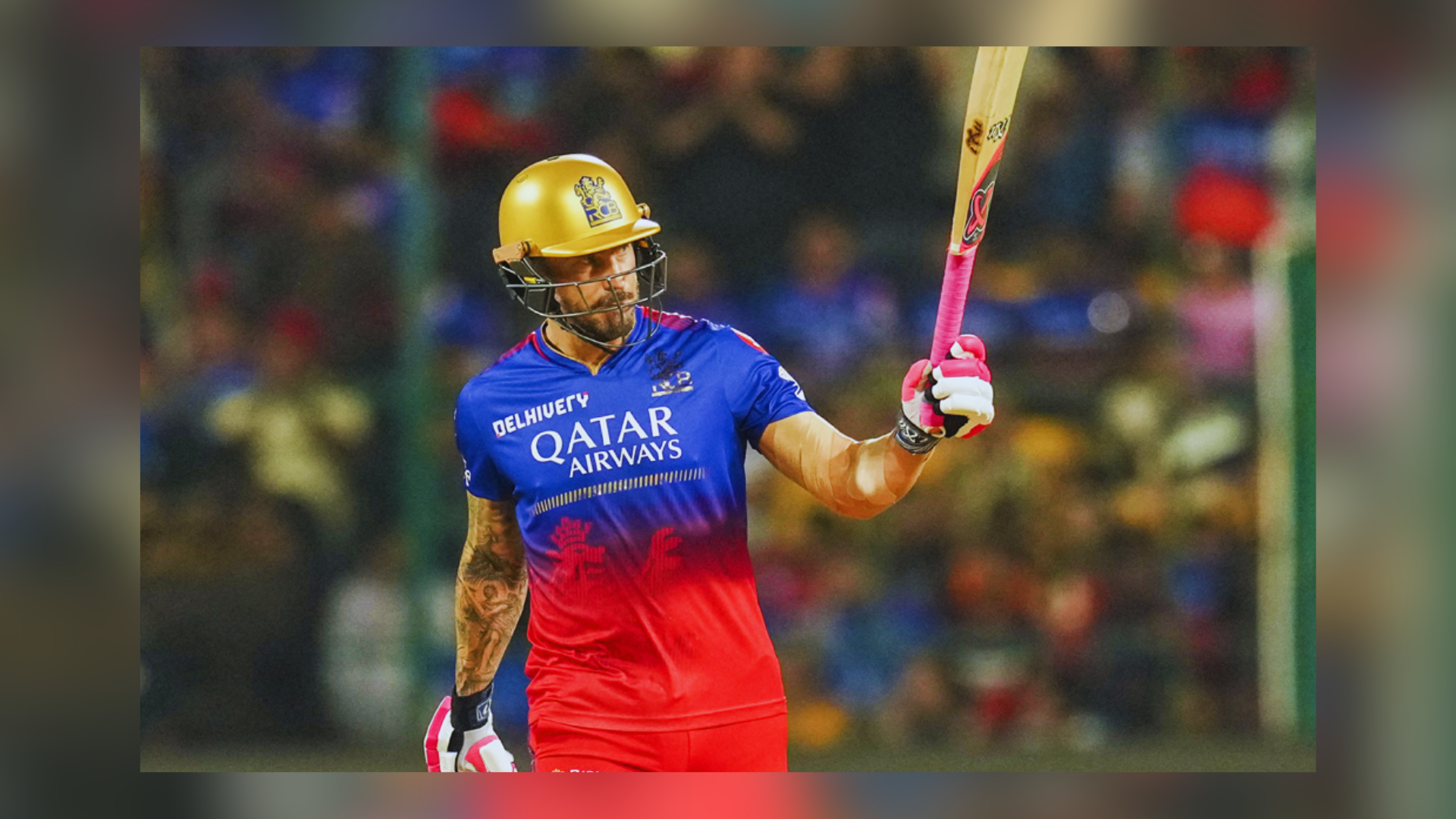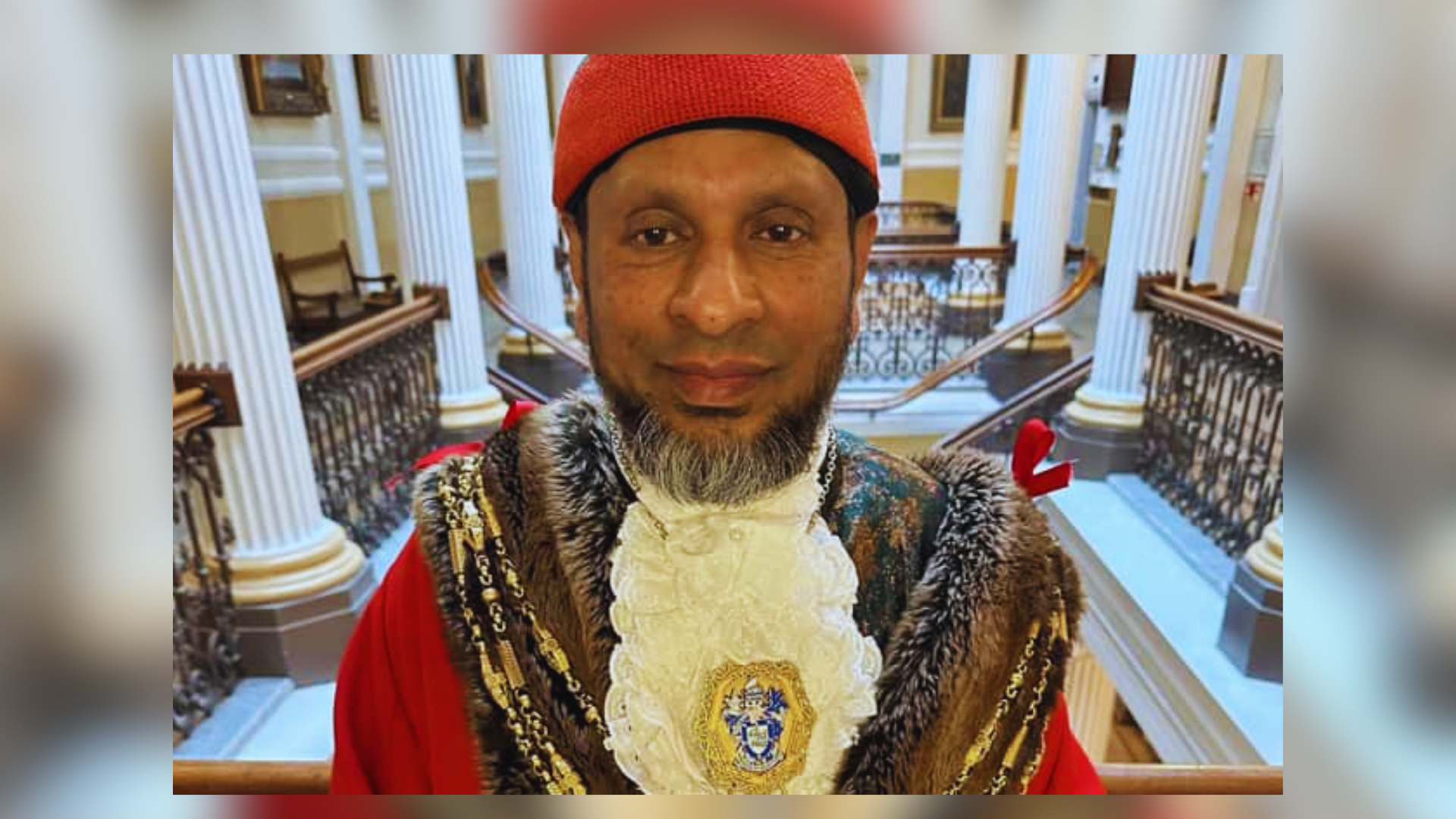


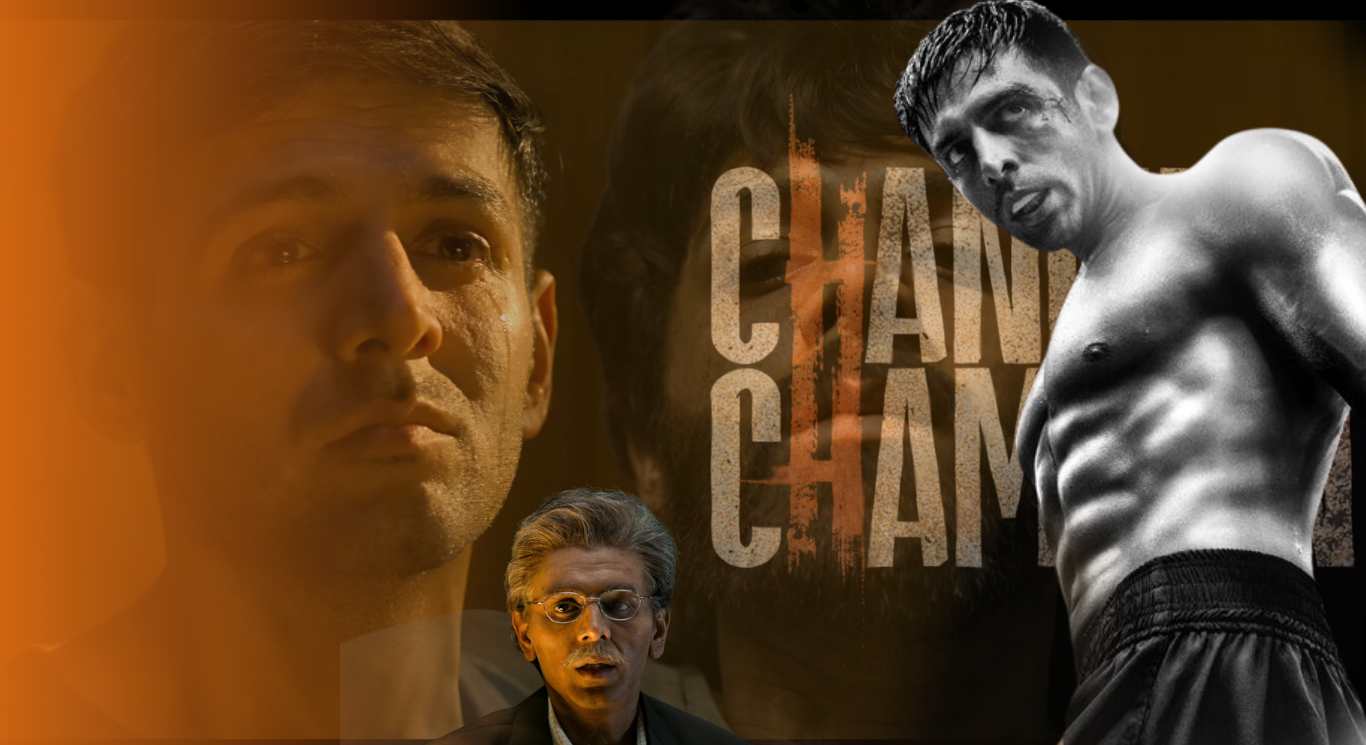


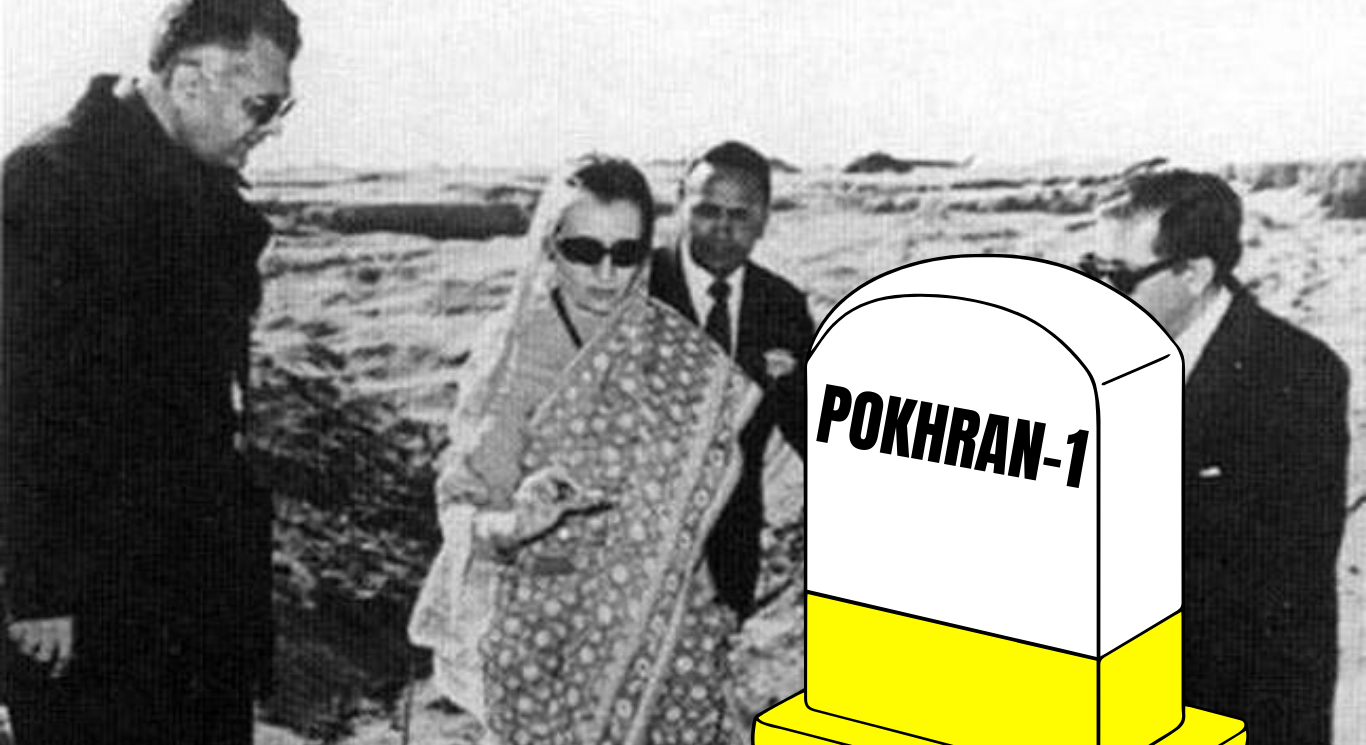
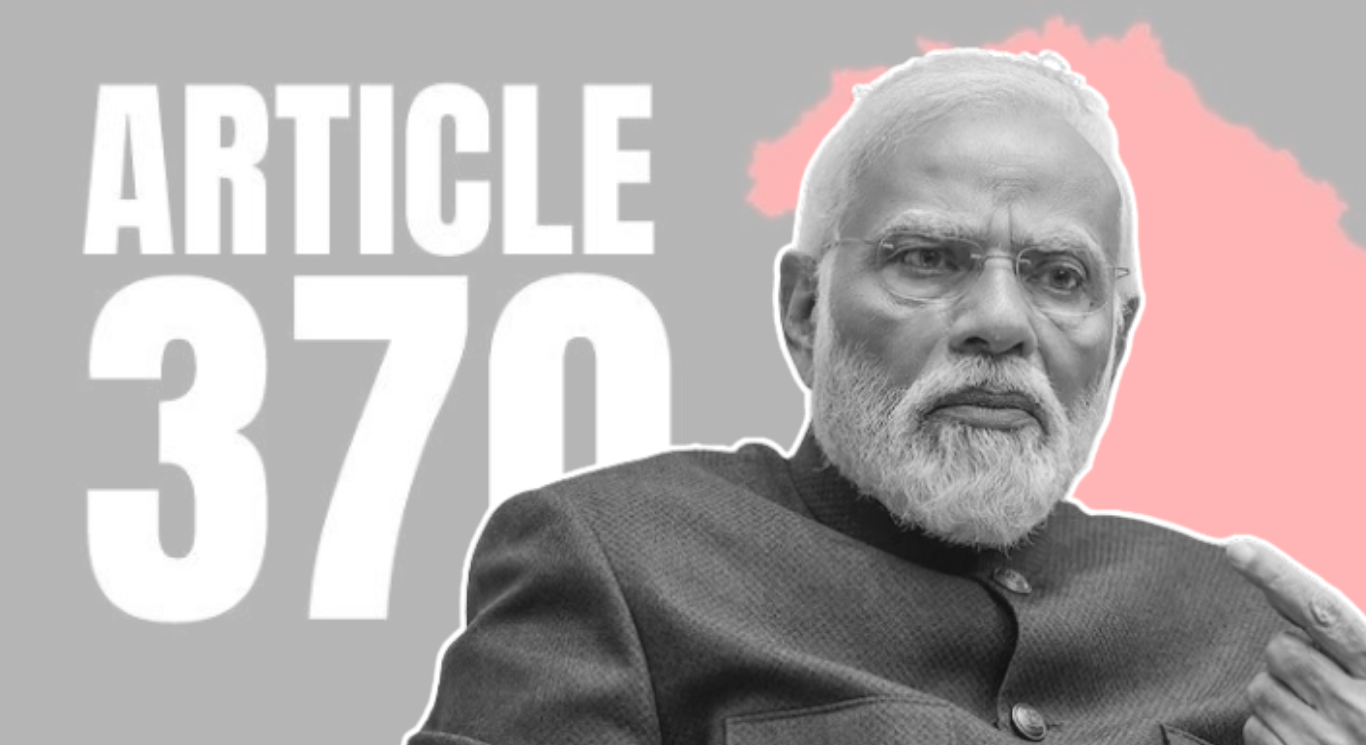

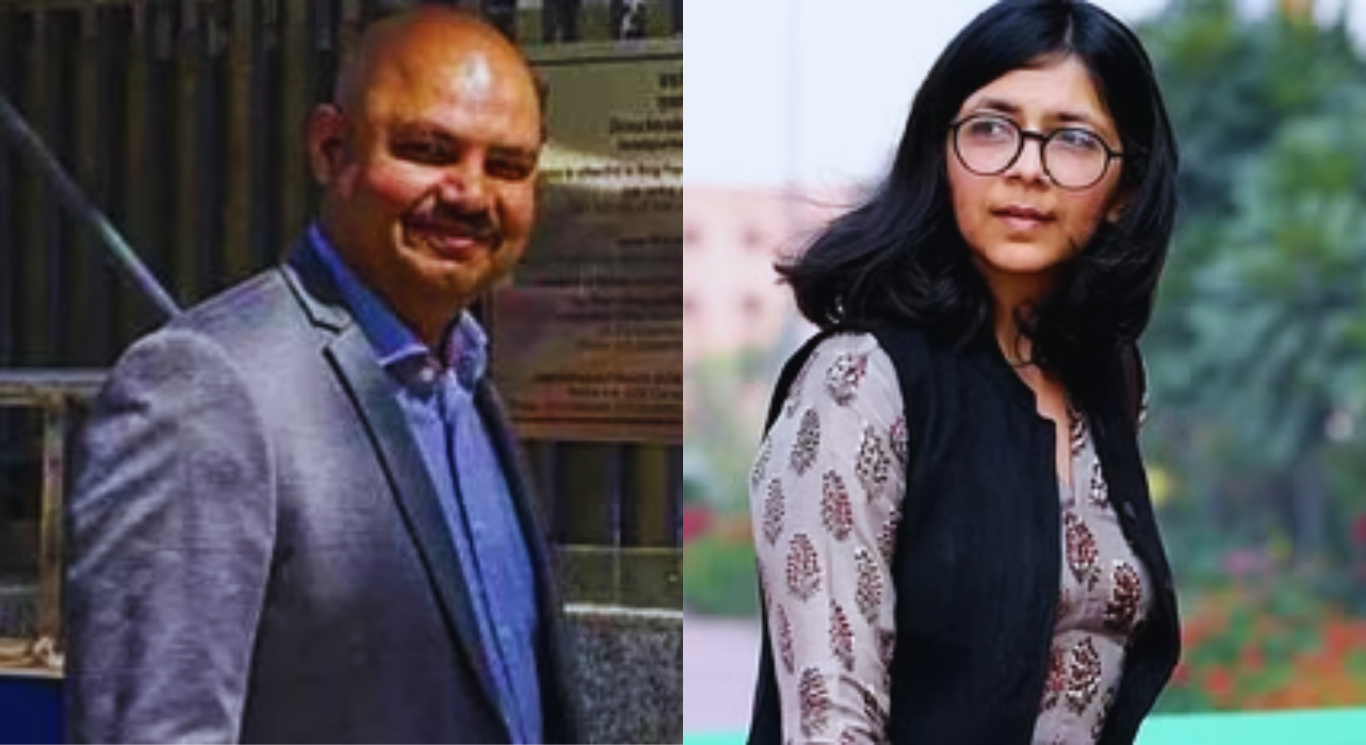
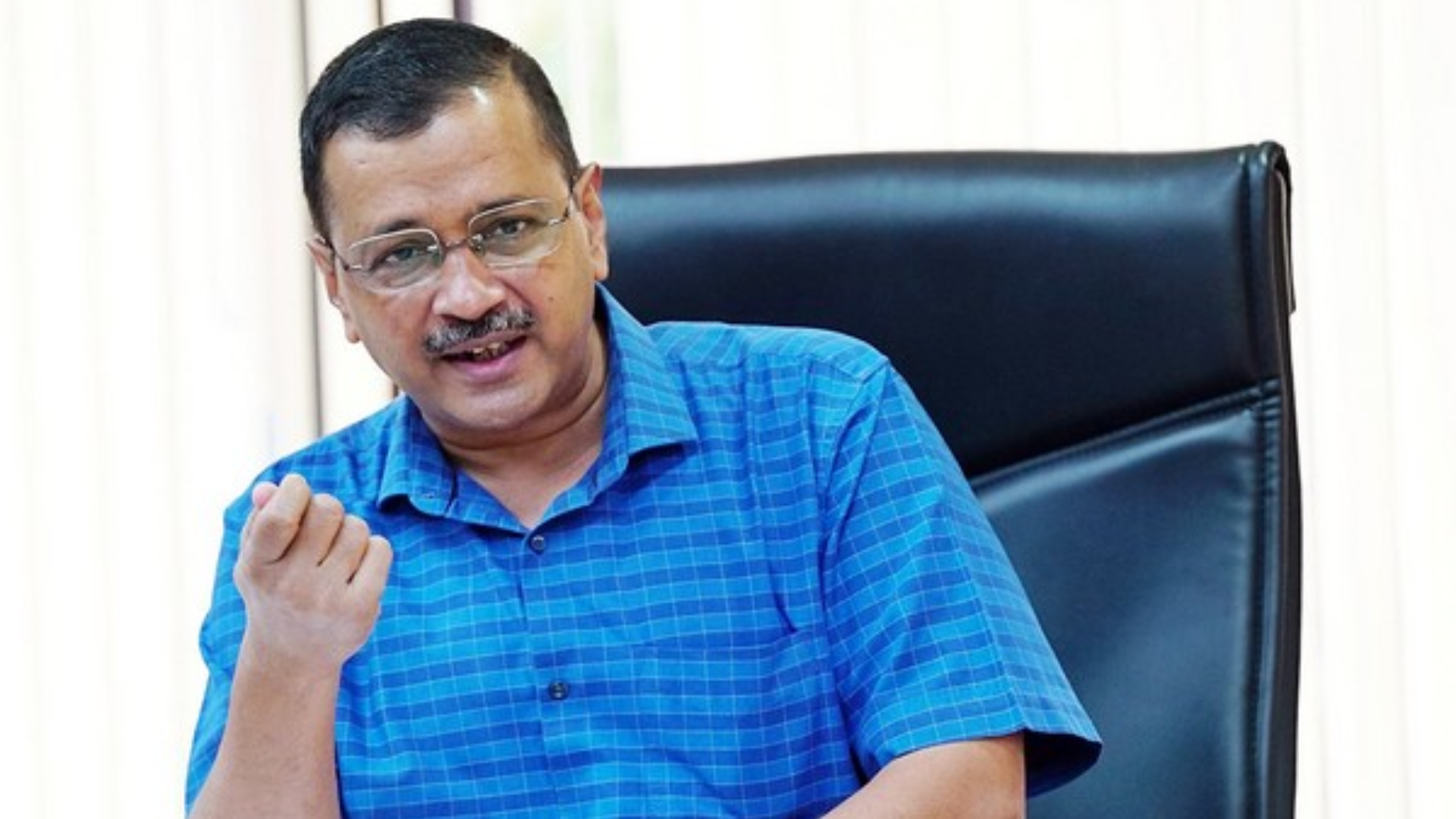
The Aam Aadmi Party (AAP) has raised objections to the ‘One Nation, One Election’ (ONOE) concept, asserting that it poses a threat to parliamentary democracy, the constitutional framework, and the federal structure of India. In a letter addressed to the Secretary High-Level Committee, One Nation, One Election, Niten Chandra, AAP National Secretary Pankaj Gupta expressed concerns over the potential negative consequences of simultaneous elections.
The AAP argues that ONOE is ill-equipped to handle hung legislatures and may foster the detrimental practices of anti-defection and the open buying and selling of Members of Legislative Assemblies (MLAs) and Members of Parliament (MPs). Gupta highlighted the unfair advantage ONOE might grant to the party ruling at the Union level over regional and other parties contesting against the central ruling party in the states.
“The Aam Aadmi Party strongly opposes the idea of ‘One Nation, One Election.’ ‘One Nation, One Election’ will damage the idea of parliamentary democracy, the basic structure of the Constitution, and the federal polity of the country. ‘One Nation, One Election’ is unable to deal with hung legislatures and will actively encourage the evil of anti-defection and open buying and selling of MLAs and MPs,” stated the AAP Secretary.
The party emphasized that core constitutional and democratic principles should not be compromised for narrow financial gains and administrative convenience. The AAP pointed out that the cost savings from simultaneous polls represent only a negligible percentage of the Government of India’s annual budget.
While acknowledging the consultation process initiated by the government, the AAP cautioned against the potential erosion of the Indian multi-party system. The party asserted that ONOE could disproportionately benefit national parties, undermining the representation of regional voices.
The government had set up a high-level committee, chaired by former President Ram Nath Kovind, to study the feasibility of simultaneous elections in India. The committee sought suggestions from political parties, experts, and citizens on holding simultaneous elections to the Lok Sabha, state assemblies, and local bodies.
Congress president Mallikarjun Kharge has also expressed opposition to the ONOE concept, arguing that it contradicts the federal guarantees in the Constitution and the fundamental structure of parliamentary democracy. He emphasized the potential dissolution of legislative assemblies, betraying the electorate in those states halfway through their terms.


